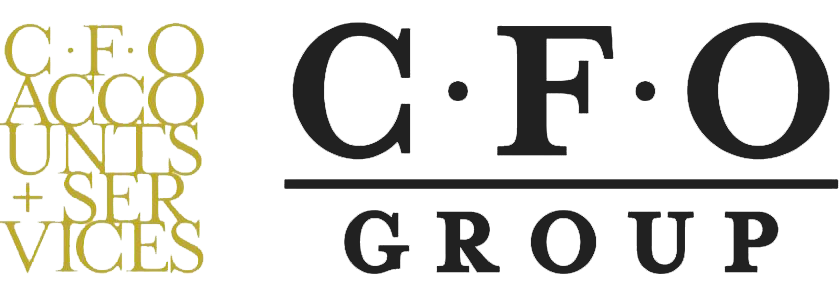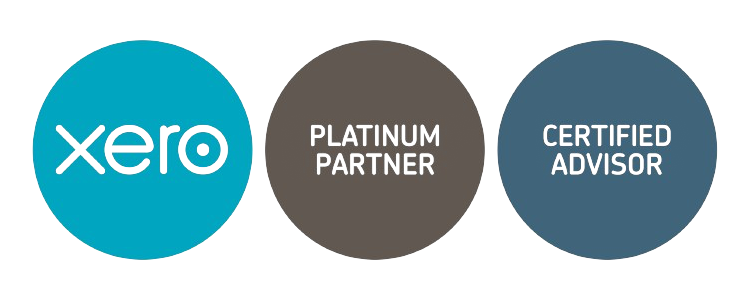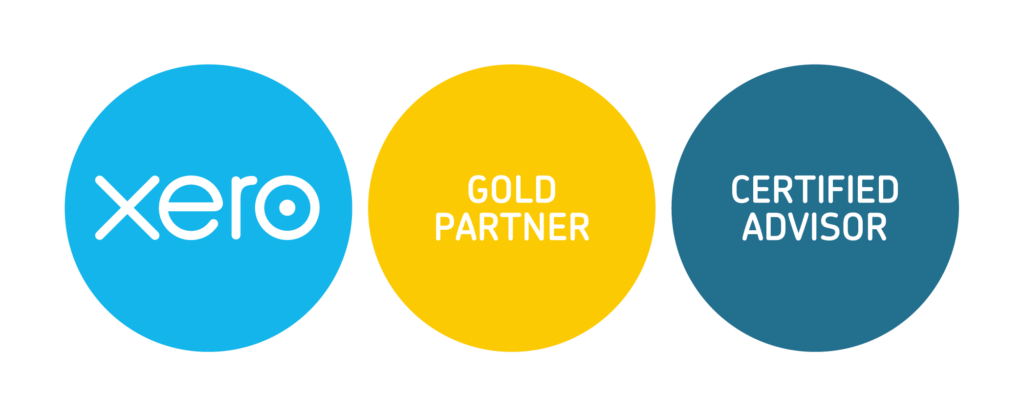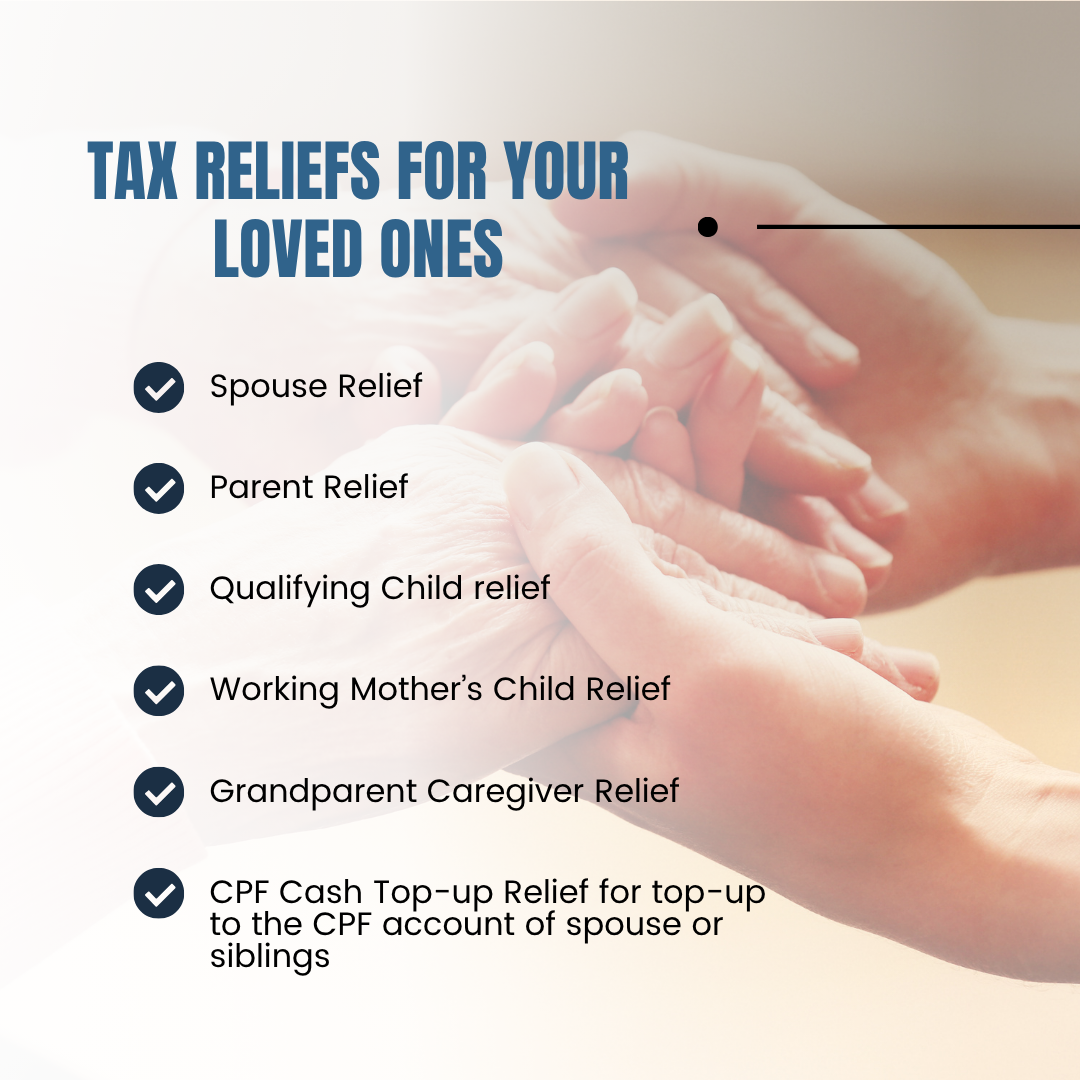CFO GROUP INTEGRATED SERVICES
How to Reduce Income Tax in Singapore — The Smart Legal Way
CFO Group • May 9, 2025
When it comes to managing personal finances, one area that often weighs heavily on our minds is taxes. Singapore, known for its attractive income tax system, still requires individuals and businesses to strategize effectively to minimize their tax liabilities. If you are looking for how to reduce income tax in Singapore, here are some actionable tips.
Income Tax in Singapore: What You Need to Know to Pay Less
Income tax in Singapore is progressive. Income tax rates range from 0% to 22% for residents. Your tax liability is calculated based on your chargeable income, which is your taxable income after allowable deductions and tax reliefs.
By understanding your entitlements, you can effectively manage your personal income tax and reduce your income tax for the Year of Assessment (YA)—especially important as we approach YA 2025.
1. Maximize CPF Contributions to Reduce Your Chargeable Income
A common method to reduce your personal income tax is to top up your CPF. Voluntary CPF cash top-up to the Special Account or Medisave qualifies for cash top-up relief. This reduces your taxable income and builds your retirement fund.
There is an income tax relief cap of up to $8,000 for your own top-ups and an additional $8,000 for top-ups to family members. These tax relief schemes offer great benefits if you're planning ahead.
2. Utilize the Supplementary Retirement Scheme (SRS)
The Supplementary Retirement Scheme (SRS) is another excellent option to reduce your income tax in Singapore. Contributions are tax deductions of up to $15,300 for Singaporeans/PRs and $35,700 for foreigners.
If you contribute to the SRS before the end of the calendar year, you can claim the deduction for the Year of Assessment.
3. Claim Work-Related Expenses as Tax Relief for Smarter Savings
You may deduct self-education expenses like subscription fees, professional course fees, and even internet bills—if they are relevant to your current employment. If you are a salaried employee who incurs job-related costs, these can be deducted to lower your income tax.
You can also claim tax deductions for rental income, property expenses, and allowable business-related costs.
Running a business in Singapore? Your corporate tax strategy matters just as much as your personal one. Don’t overlook potential savings and compliance gaps in your company’s tax filings.
4. Get Tax Relief for Life and Medical Insurance to Reduce Your Tax
Premiums paid for life insurance and medical insurance can qualify you for tax relief, as long as your CPF contributions are below the maximum allowed for the year. This is especially useful if you are self-employed or not making full CPF contributions.
5. Make Tax-Deductible Donations to Approved IPCs to Reduce Your Personal Income
Donations made to approved Institutions of a Public Character (IPCs) are eligible for tax relief that you can claim. These are typically deductible at up to 250% of the donated amount.
Such deductions reduce your income tax payable for the year and encourage giving in Singapore.
If you’re a business owner looking to optimize your company’s tax strategy, book a free consultation with CFO Group and discover how we can streamline your corporate tax filing process.
6. Claim Parent Relief and Handicapped Parent Relief to Take Care of Loved Ones and Your Tax Bill
If you support your parents, grandparents, or in-laws, you may be eligible for Parent Relief or Handicapped Parent Relief. To qualify:
- The dependent must have been living in Singapore during the previous YA.
- The dependent must have been living in your household.
- The dependent must have been either a minimum of 55 years old or physically/mentally disabled during the previous YA.
- The dependent's annual income must not exceed $4,000 (unless handicapped).
Parent Relief:
- $5,500 if you do not live with the dependent
- $9,000 if you live with the dependent
Handicapped Parent Relief:
- $10,000 if you do not live with the dependent
- $14,000 if you live with the dependent
7. Parenthood Tax Rebate (PTR): Reduce Your Tax Payable
The Parenthood Tax Rebate is a lump sum offset to your tax payable. It helps reduce the tax owed directly, not just your taxable income.
- First child: $5,000
- Second child: $10,000
- Third and beyond: $20,000 each
You can use unused rebates to offset income tax in future years.
8. Working Mother's Child Relief (WMCR): Designed to Reduce Your Personal Income Tax
Working Mother's Child Relief is designed for the working mother in Singapore. The relief is a percentage of earned income:
- 15% for the first child
- 20% for the second
- 25% for third and subsequent children
This structure applies to children born before 1 January 2024.
Starting from Year of Assessment 2025, for children born on or after 1 January 2024, the WMCR will shift to a fixed dollar relief instead of a percentage:
- $8,000 for the first child
- $10,000 for the second
- $12,000 for the third and beyond
This change gives working mothers a clearer, fixed benefit and reflects Singapore’s updated tax policy for new parents.
You can still combine WMCR with the Qualifying Child Relief (QCR) or Handicapped Child Relief to maximise your tax savings.
9. Course Fees Relief for the Year of Assessment: Learn More, Pay Less Tax
You may claim Course Fees Relief of up to $5,500 if the course is relevant to your current job. To reduce your personal income tax, always retain receipts, proof of enrollment, and course relevance.
This tax relief for upskilling supports employees in lifelong learning.
10. Not Ordinarily Resident (NOR) Scheme: Still Worth Exploring to Reduce Your Tax Burden
The NOR scheme has been discontinued. The last NOR status granted is valid from YA 2020 to YA 2024. Individuals who previously qualified will continue to enjoy NOR tax concessions until their NOR status expires, provided they meet the necessary conditions. No new NOR statuses will be granted from YA 2025 onwards.
11. Seek Expert Advice to Unlock Tax Relief You Can Legally Claim
If your income includes rental income, business income, or multiple reliefs, a tax consultant can help ensure you're within the maximum tax relief thresholds while staying compliant with income tax rates and relief rules.
You can often find hidden reliefs applicable to your situation when a professional reviews your chargeable income breakdown.
Plan Ahead Every Year of Assessment to Reduce Your Tax the Right Way
Planning before the end of the year helps you claim more personal income tax relief during Year of Assessment (YA) submissions. If you track all deductible activities, you can significantly reduce your taxable income.
- Income tax reliefs are time-sensitive—submit before the YA 2025 deadline
- Know your income tax rates and available rebates
- Understand how deductions affect your income tax liability.
Your Roadmap to Reduce Your Tax in Singapore
Understanding how to reduce income tax in Singapore is a smart financial strategy. Use this checklist of tax reliefs, rebates, and contributions to manage your personal income tax effectively.
If you’re unsure about any income tax rule or deduction, consult an expert. To reduce mistakes and unlock more tax relief you can legally claim, it's worth the effort.
By planning early and staying informed, you’ll have better control of your finances and pay only the tax in Singapore that you actually owe.
Have a Business but Don’t Know How to File Corporate Tax? CFO Group Makes It Easy and Compliant
If you're running a business in Singapore, your corporate tax strategy is just as crucial as your operations. At CFO Group, we help companies to stay compliant, claim every legal deduction, and file their taxes accurately—from Form C-S/C filings to optimized tax reliefs for companies.
Let us simplify the tax season for you, so you can focus on growing your business.
Don’t leave money on the table—get your taxes done right, legally, and on time.












